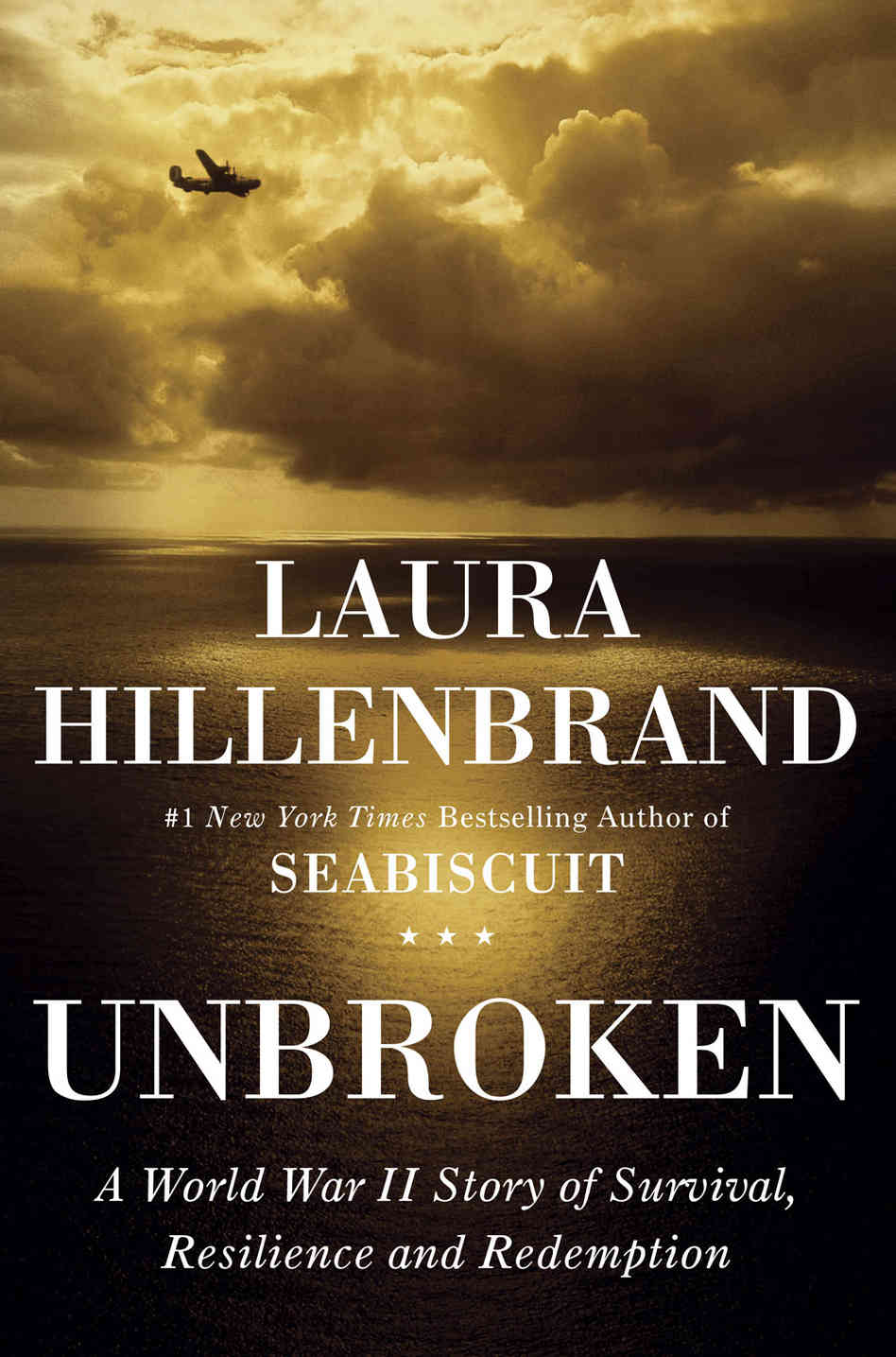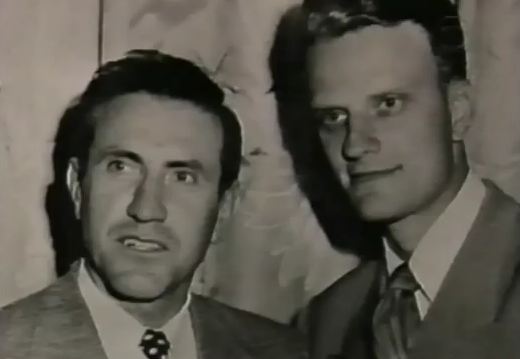 One of the most compelling stories told in the past decades, in the book and movie Unbroken, is that of Louis Zamperini, Olympic athlete and airman who survived for 47 days on the open ocean, and 26 months, much of it enduring torture, in Japanese POW camps. I listened to the audio book Unbroken, the story of Louie Zamperini, written by Laura Hildebrand. It was a powerful and remarkable book, as all who’ve read it know.
One of the most compelling stories told in the past decades, in the book and movie Unbroken, is that of Louis Zamperini, Olympic athlete and airman who survived for 47 days on the open ocean, and 26 months, much of it enduring torture, in Japanese POW camps. I listened to the audio book Unbroken, the story of Louie Zamperini, written by Laura Hildebrand. It was a powerful and remarkable book, as all who’ve read it know.
The movie is well done as a portrayal of the human spirit’s will to survive, but it leaves untold (despite the few pictures and words after the movie ends) the true redemptive story that followed Zamperini’s return from captivity. Known as a hero for his incredible survival skills, he was deeply scarred, full of hatred, and plagued by nightmares of “The Bird,” his chief torturer in the camp. The war hero became a carousing alcoholic, abusive to his wife, and neglectful of his young daughter.
In contrast to the “triumph of the human spirit” message, Zamperini did not have in himself what it took to become a whole person, to put his horrific ordeals behind him, and survive in normal life. The key to everything was that he did not know what it meant to be forgiven for his own sins, and therefore could not begin to forgive the Japanese prison guards for the horrific abuses they inflicted on him. While freed from the Japanese prison, he remained imprisoned in his inner man and was as miserable, even more so, in his so-called freedom as he’d been in captivity.
 Ironically, in stark contrast to the title Unbroken—which aptly describes part one of the story (the part dramatized in the movie)—to find redemption Louie Zamperini had to become broken. That’s when he came to terms with his sin and found forgiveness in Jesus Christ. Once that happened he said he became free, and never again had his haunting dreams.
Ironically, in stark contrast to the title Unbroken—which aptly describes part one of the story (the part dramatized in the movie)—to find redemption Louie Zamperini had to become broken. That’s when he came to terms with his sin and found forgiveness in Jesus Christ. Once that happened he said he became free, and never again had his haunting dreams.
Four years after his conversion, Zamperini returned to Japan and visited Sugamo Prison, where most of his torturers were incarcerated. Looking at the crowd of prisoners, he recognized these men. He ran to them and threw his arms around them, expressed his forgiveness, and shared with them the good news of Jesus.
Zamperini said, “The most important thing in my Christian life was to know that I forgave them—not only verbally, but to see them face to face. That's part of conversion.”
Sadly, most of the guards withdrew from him because they couldn’t comprehend his forgiveness. But when he preached the gospel to them, all but one made a profession of faith in Jesus that day.
Matsuhiro Watanabe, “The Bird,” who had tortured him most brutally, wasn’t there—despite being on the most wanted list of Japanese War Criminals, he’d escaped prosecution.
When Watanabe was later found, by then a rich businessman, he refused to meet with Zamperini. Louis sent a letter explaining that he’d given his life to Christ. “Love replaced the hate I had for you,” he wrote, adding “I hope you become a Christian.” (Zamperini is on video reading the letter.)
Having experienced God’s grace and forgiveness, and having extended it to those who tortured him, Louis was declared by a pastor who worked with him in his seventies, “The happiest man I’ve ever known.”
As compelling as the first part of Louis Zamperini’s story is, it’s the second part that’s the greatest miracle, and truly redemptive. The first part, standing on its own, is a testimony to God’s remarkable common grace in a human life; the second is a testimony to His special grace in transforming a still-captive man with the freedom of forgiveness. Only through Christ is such redemption and healing possible.
Survival and redemption are not the same—though in the end it was Zamperini’s redemption that allowed him to survive. And it’s only Christ’s redemptive work on our behalf, atoning for our sins, that will allow any person to survive the final judgment of God and experience the result of redemption: eternal life.
Other blogs about Zamperini, and the book and movie Unbroken:
- Jeff Robinson writes an article titled "Unbroken: Long on Resilience, Short on Redemption."
- This column by Cal Thomas asks the question of why a very critical part of Louie Zamperini's story is left out of the movie.
- In her article, Amber Clayson summarizes Louie’s conversion.
- Ivan Mesa, with the Gospel Coalition, writes about the power of conversion in Louie’s life.
I also encourage you to watch “Captured by Grace,” the rest of Louie’s story as produced by the Billy Graham Evangelistic Association.
Photo: Wikimedia Commons




